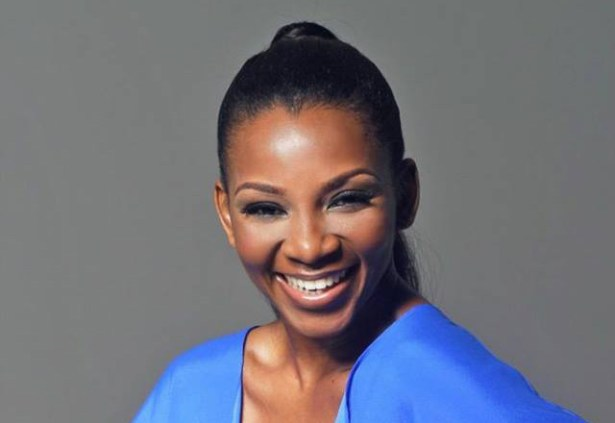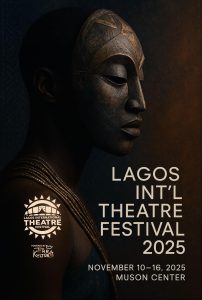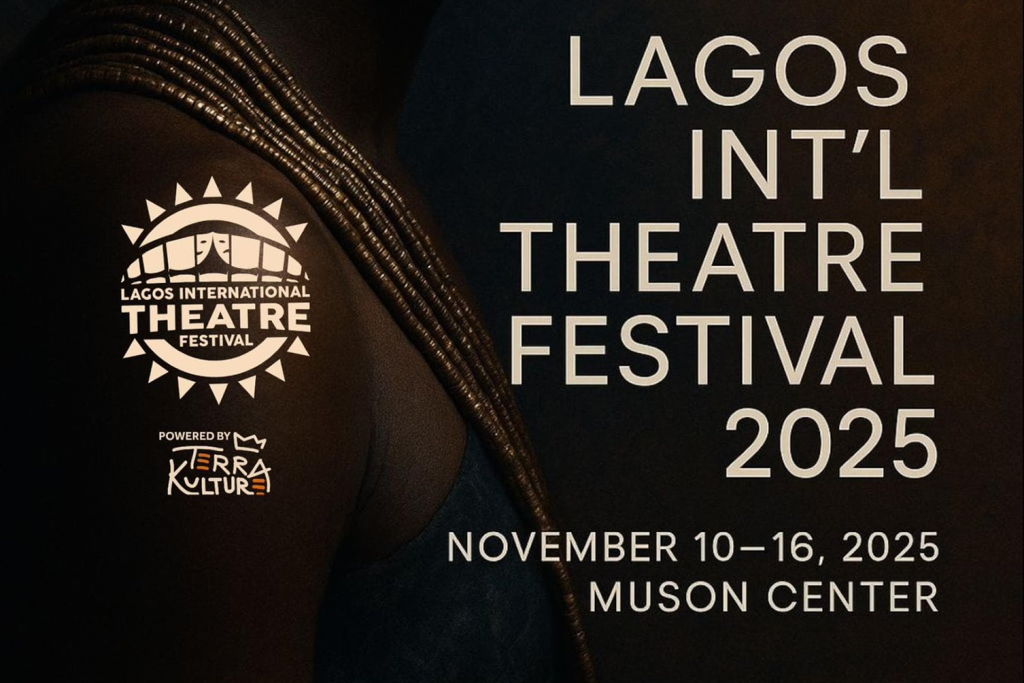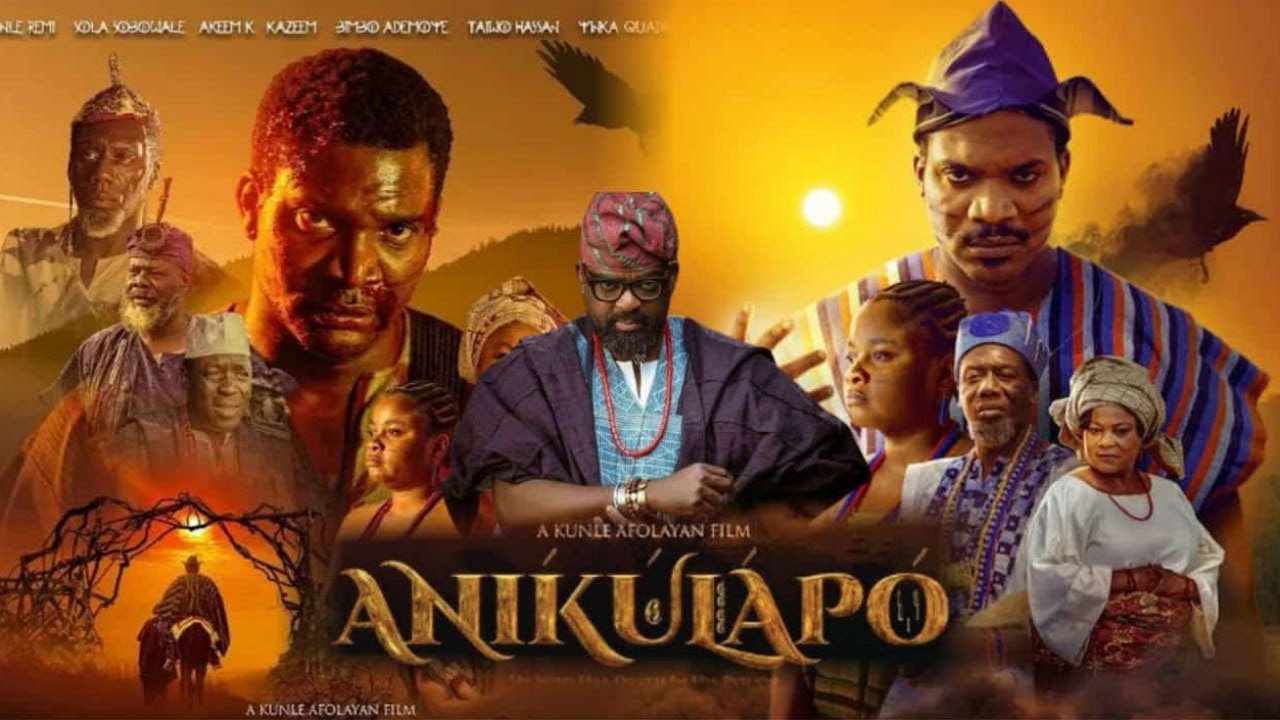The shift from on-screen star to behind-the-camera leader
Gone are the days when women were relegated to kitchen duties and caring for children. We have evolved from the stage when women were seen as weak and not fit for leadership positions. This change is not only occurring at the home front or in the corporate world; Nollywood can attest to it. Women rewriting Nollywood stories are changing who gets to tell our tales.
For a long time, Nollywood has been seen through a male-dominated lens. Men held the cameras, called the shots, directed the stories, and largely decided what the world saw. But over the past decade, a shift has been happening, one that places women at the center not just in front of the camera, but behind it too. We have women like, Tope Oshin, Bolanle Austen-Peters, and Genevieve Nnaji, just to mention a few, shaking the world of visual storytelling. At the heart of this movement stands Genevieve Nnaji, a trailblazer who stands out as a Nigerian filmmaker to watch out for.
Lionheart and the global opening for Nollywood
Nnaji, who has always been in front of the camera, took a bold step into directing with her 2018 debut, Lionheart. The film was more than just a personal milestone; it was a cultural statement. Lionheart became the first Nigerian film to stream on Netflix, instantly opening Nollywood to a global audience. For many, it was proof that Nigerian stories, told authentically, could stand tall on the world stage.
A still from Lionheart — Netflix’s first Nigerian film. Image Credit: Variety.
Speaking about her inspiration with Vanguard, she said, “I’ve always had a hunger for visual storytelling. There is so much material out there that is still untold — countless real-life stories from within and outside Africa, and today, we have the chance to tell it ourselves.”
The new wave: directors reshaping narratives
Her success, however, is not an isolated story. Across Nollywood, female filmmakers are breaking boundaries and crafting narratives that reflect the richness of African womanhood, identity, and resilience. Directors like Kemi Adetiba (King of Boys) and Jade Osiberu (Sugar Rush) have carved out powerful spaces where women’s voices are no longer sidelined but celebrated. As Beaumark points out, these women are challenging stereotypes, creating complex female characters, and pushing Nollywood beyond recycled tropes.
Audience appetite and industry professionalism
The conversation around Nnaji goes beyond film. In an interview with the Vanguard, she described herself as a proud feminist—embracing femininity while advocating for women to take charge of their own stories. That message resonates deeply in an industry where, for years, women were often boxed into limited roles both on and off screen. Today, thanks to pioneers like her, Nollywood is becoming a place where women not only participate but lead.
Genevieve Nnaji On set: women directing productions and calling the shots. Image Credit: BBC News Pidgin
This is a clear example of women rewriting Nollywood stories in real time. This transformation is also shaping audiences. As The Conversation notes, professionalism is rising and a new class of Nigerian viewers is emerging, hungry for richer, more diverse storytelling. Films by women are meeting that demand, expanding Nollywood’s reach and reputation.
What this means for young creatives (TAFTA & beyond)
For aspiring creatives, especially young people training through platforms like TAFTA, the message is clear: the industry is wide open, and representation matters. Nnaji’s journey, celebrated in The World Satellite, shows that with vision and courage, Nigerian filmmakers can build stories that cross borders while staying true to their roots.
The future: representation that travels
The rise of women in Nollywood isn’t just a trend; it’s the future, already unfolding. And as highlighted by Beaumark, this revolution not only empowers women in the industry but also enriches the world with diverse, compelling, and thought-provoking stories from a culture that is ready to shine on the global stage.































